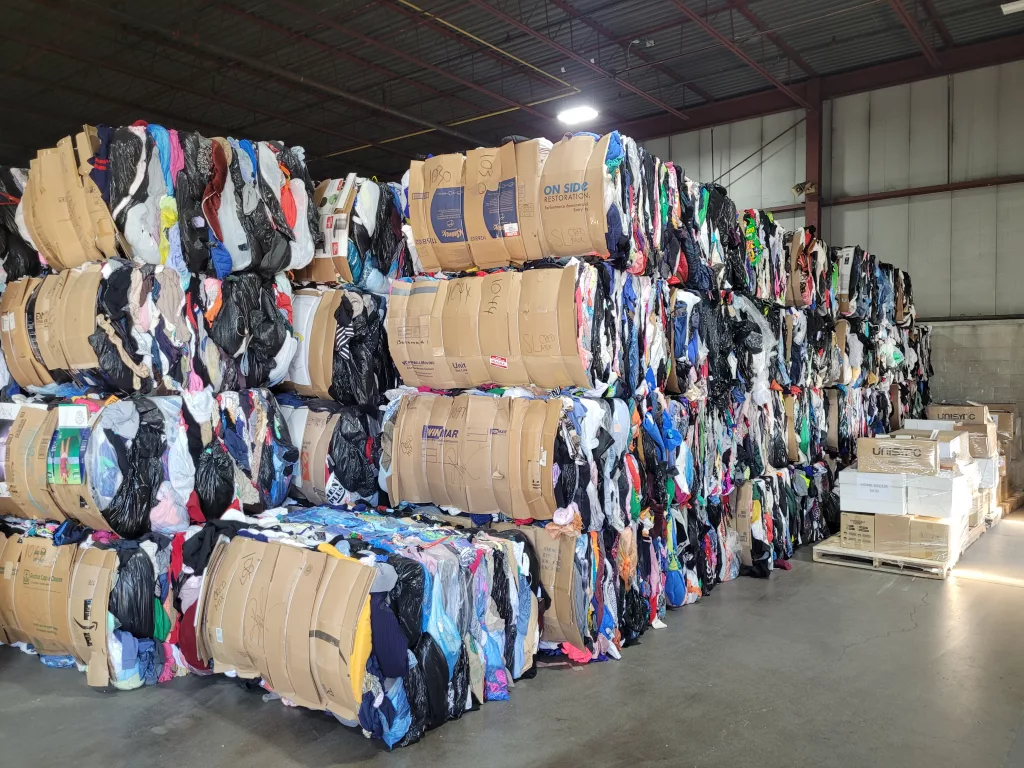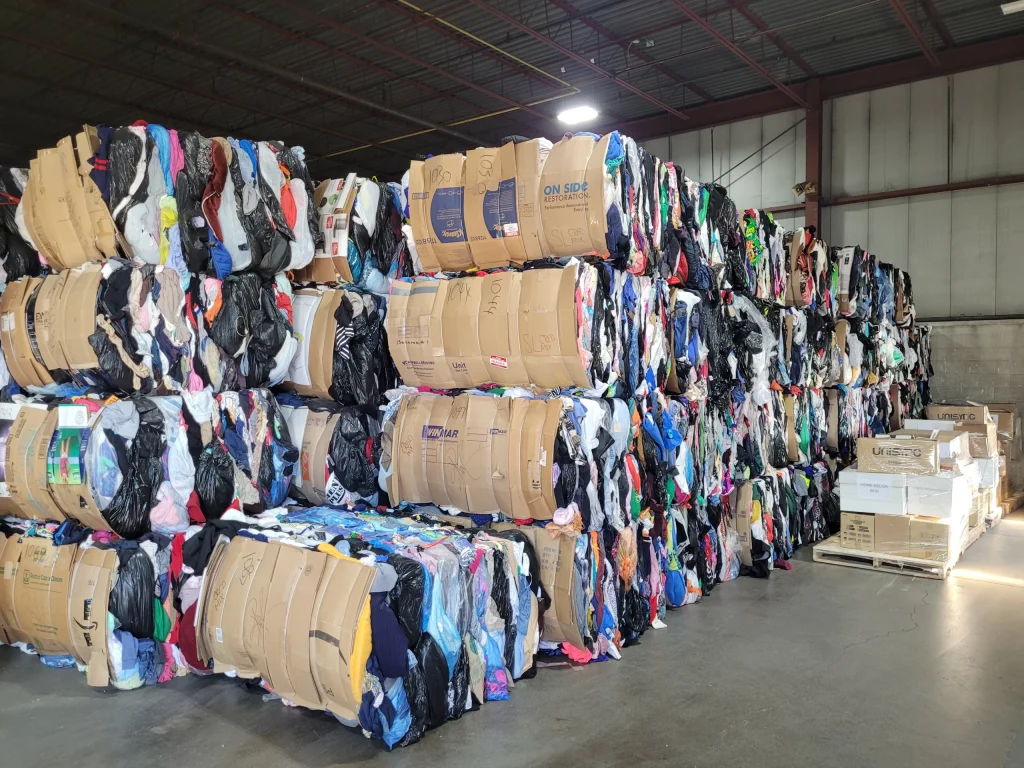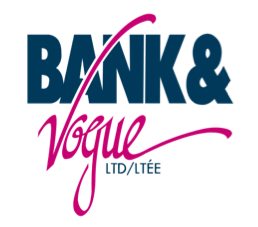A Market in Transition
Chile has long been one of Latin America’s most dynamic destinations for secondhand clothing. Every year, thousands of tonnes of apparel enter the country, supporting a vibrant ecosystem of resellers, retailers, and communities who depend on these goods for both income and affordable fashion.
Now, with the Ministry of Environment’s decision to include textiles as a priority product under the Extended Producer Responsibility (REP) Law, Chile is entering a new chapter — one that doesn’t shut the door on imports, but rather opens it to more sustainable and transparent practices.
What the New Rules Mean
Under the REP Law, companies that produce or import clothing into Chile will:
- Register with Chile’s environmental authorities (RETC)
- Report annually the volume of textiles they introduce into the market
- Prepare to meet future collection and recycling targets through a forthcoming Supreme Decree
Instead of viewing this as a barrier, exporters and importers can see it as an opportunity to strengthen their role in a market that values accountability, circularity, and quality.


The Opportunities for Exporters
Far from discouraging trade, these regulations create new advantages:
- A Stronger Market for Quality
Chile’s new rules reward exporters who supply carefully sorted, higher-quality goods that are designed to be reused and resold — not discarded. This reinforces the value of meticulous sorting practices and conscious sourcing. - Alignment with Global Circular Trends
Similar frameworks are being implemented in Europe and other regions. Exporters who adapt to Chile’s REP system today will be ahead of the curve in meeting future international standards. - New Avenues for Collaboration
Compliance will likely encourage partnerships between exporters, importers, recyclers, and local Chilean businesses. This creates space for innovation in areas such as repair, upcycling, and closed-loop recycling. - Consumer Trust and Market Longevity
By ensuring that textiles entering the country are tracked and responsibly managed, Chile is building a healthier, longer-lasting resale market. For exporters, this means stability and stronger relationships with buyers who are committed to sustainable growth.
Positive Impact for Communities
The secondhand clothing trade plays a vital role in Chile’s local economy — from small vendors in informal markets to established retailers. With the new REP rules, these communities stand to benefit from:
- Better product quality and durability
- A cleaner, more regulated supply chain
- New jobs in repair, recycling, and resale
This is not about restricting access, but about ensuring that what comes in brings lasting value to people and the planet.
Looking Ahead
By 2029, Chile will set clear collection and recycling targets. This roadmap is designed to reduce waste and encourage innovation in textile recovery. For exporters, the message is clear: conscious trade is the future.
At Bank & Vogue, we see these changes as a positive signal. They highlight the importance of what we already prioritize:
- Meticulous sorting
- Supplying high-quality secondhand goods
- Building partnerships that support long-term sustainability
Chile’s new textile import rules are not the end of trade — they’re the beginning of a smarter, more responsible way of doing business. Exporters who embrace these changes will find not only compliance, but also stronger opportunities for growth and collaboration.








